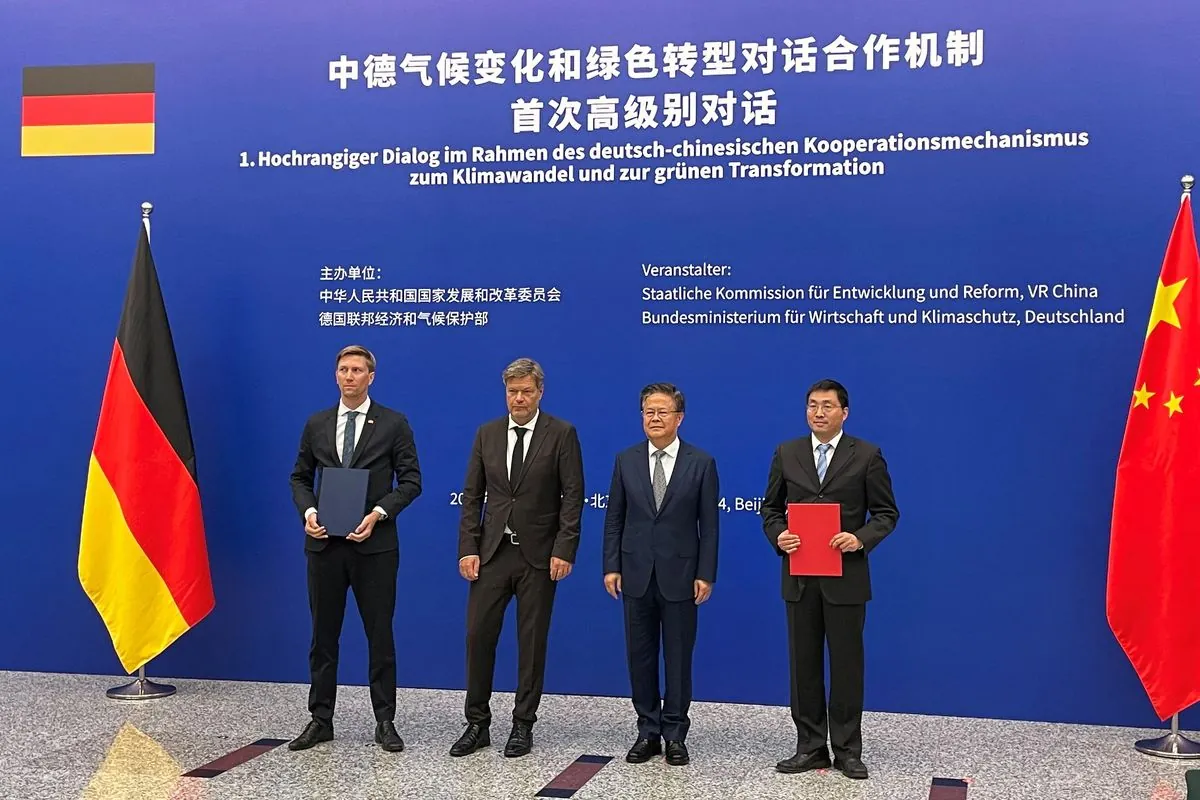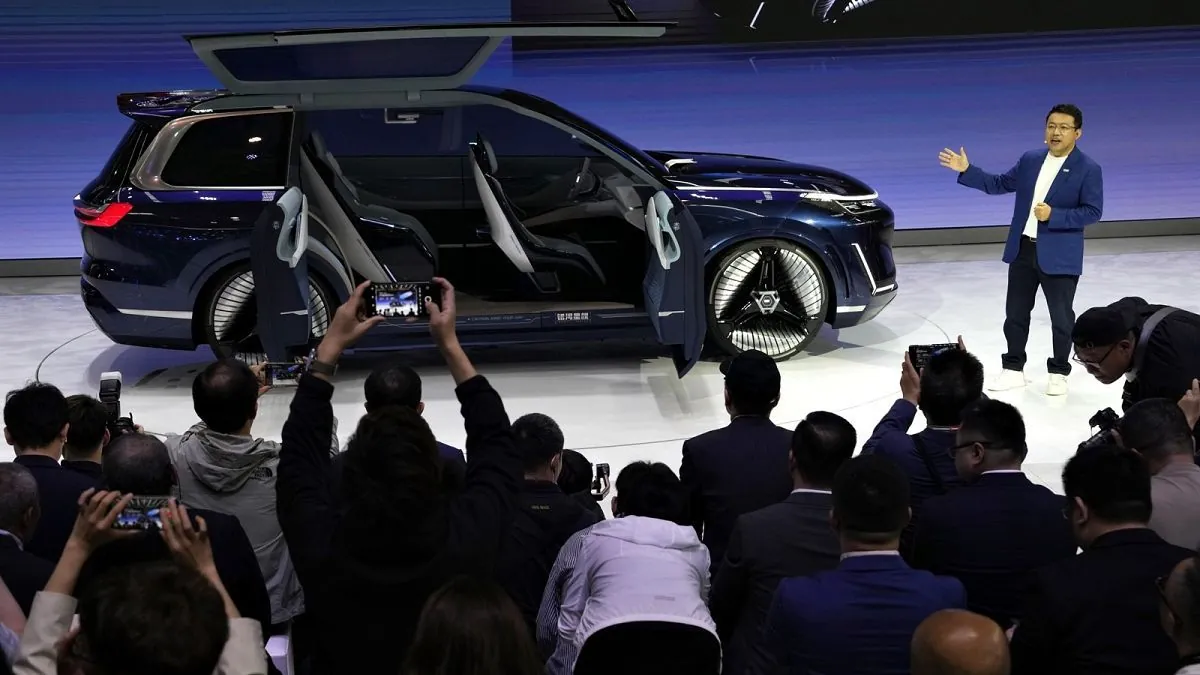EU Rejects Chinese EV Makers' Price Offers, Sparking Trade Tensions
The European Commission has declined minimum import price proposals from Chinese electric vehicle manufacturers, leading to disappointment from China's commerce ministry. This decision could impact China-EU trade relations in the EV sector.

The European Union's recent decision to reject minimum import price offers from Chinese electric vehicle (EV) manufacturers has led to a diplomatic standoff. China's commerce ministry expressed deep disappointment on September 13, 2024, criticizing the EU Commission for disregarding the Chinese industry's efforts to find solutions.
This development comes amid growing tensions in the global EV market, where China has emerged as a dominant player. As the world's largest EV market, China exported over 1 million electric vehicles in 2023, with its presence in the EU market steadily increasing. The EU, being the second-largest EV market globally, has been cautious about the influx of Chinese EVs, initiating an investigation into potential unfair subsidies for Chinese manufacturers in September 2023.
"The European Commission ignored the sincerity and efforts of the Chinese industry and put forward a proposal for a flexible solution that it intends to reject the Chinese industry without in-depth communication, which is deeply disappointing."
The EU's decision to reject the Chinese industry's proposals without extensive dialogue has raised concerns about the future of China-EU trade relations in the EV sector. This move could potentially lead to the imposition of hefty tariffs on Chinese electric vehicles entering the European market.

The situation reflects the complex dynamics of the global EV industry. China's EV sector has benefited from government subsidies and a well-developed supply chain, contributing to its rapid growth. In contrast, the EU has set ambitious targets to phase out new fossil fuel car sales by 2035 and reduce greenhouse gas emissions by 55% by 2030 through its "Fit for 55" package.
As both regions pursue their respective goals - China's "Made in China 2025" strategy prioritizing new energy vehicles and the EU's push for sustainable transportation - finding common ground on trade policies remains challenging. The World Trade Organization's rules against unfair subsidies and dumping practices may play a crucial role in resolving this dispute.
The outcome of this trade disagreement could have significant implications for the global EV market, which is projected to grow at a compound annual growth rate of 21.7% from 2022 to 2030. As negotiations continue, stakeholders on both sides will be closely monitoring developments in this critical sector of the green economy.


































